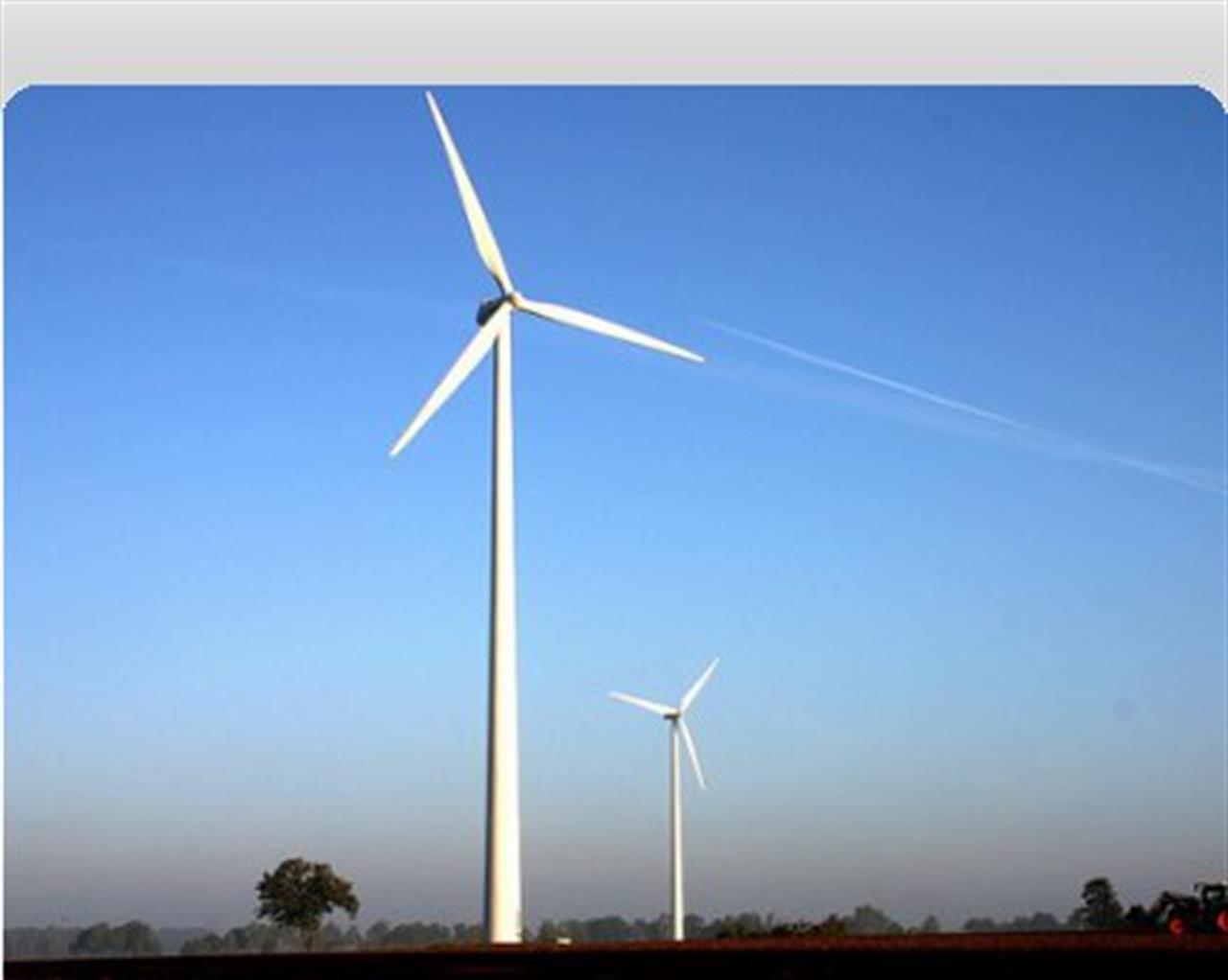Sostenibilità
Germany’s choice
The government decided to abandon nuclear power by 2022

Germany will shut down all of its nuclear reactors by 2022. “We want the electricity of the future to be safe, but also to remain reliable and affordable” declared Angela Merkel on Monday, commenting on the decision that many saw as a reaction to negative public opinion following the Fukushima disaster. The recent events in Japan had already triggered the suspension of eight plants in Germany last march.
The decision to end the use of nuclear power in the next decade followed a report written by the Ethics Commission for Secure Energy, which said it was “firmly convinced that an exit from nuclear energy can be achieved within a decade” and declared that wind, water and solar power as well as geothermal energy and biomass energy from waste can compensate for absence of nuclear plants. As a matter of fact Merkel said that this decision will give Germany the opportunity to be a “trailblazer” for renewable energy: “We will generate our electricity from other sources” she said. The decision represents a sensational U-turn, since in September 2010 the government had committed to extending the lives of the country’s seventeen nuclear plants.
After Italy, Germany will be the second G8 country to abandon nuclear power.
Last week the European Commission announced that nuclear stress tests will be conducted across all nuclear power plants within the E.U. However the stress tests are still not mandatory, they represent an encouraging sign of a new widespread sensitivity towards the need of having safer energy sources.
The news of Germany’s pledge to abandon nuclear energy by 2022 resulted arrived the same day the International Energy Agency (IEA) announced that the greenhouse gas emissions increased by a record amount last year. According to the IEA, Co2 emissions in 2010 were the highest in history.
“This significant increase in Co2 emissions and the locking in of future emissions due to infrastructure investments represent a serious setback to our hopes of limiting the global rise in temperature to no more than 2ºC,” said Dr Fatih Birol, Chief Economist at the IEA.
Aa a matter of fact at the UN climate change talks in Cancun in 2010 the Global leaders agreed a target of limiting temperature increase to 2ºC, which means that over the next ten years, emissions must not rise more than they did between 2009 and 2010.
“Our latest estimates are another wake-up call,” said Dr Birol. “The world has edged incredibly close to the level of emissions that should not be reached until 2020 if the 2ºC target is to be attained. Given the shrinking room for manœuvre in 2020, unless bold and decisive decisions are made very soon, it will be extremely challenging to succeed in achieving this global goal agreed in Cancun.”
Nessuno ti regala niente, noi sì
Hai letto questo articolo liberamente, senza essere bloccato dopo le prime righe. Ti è piaciuto? L’hai trovato interessante e utile? Gli articoli online di VITA sono in larga parte accessibili gratuitamente. Ci teniamo sia così per sempre, perché l’informazione è un diritto di tutti. E possiamo farlo grazie al supporto di chi si abbona.
